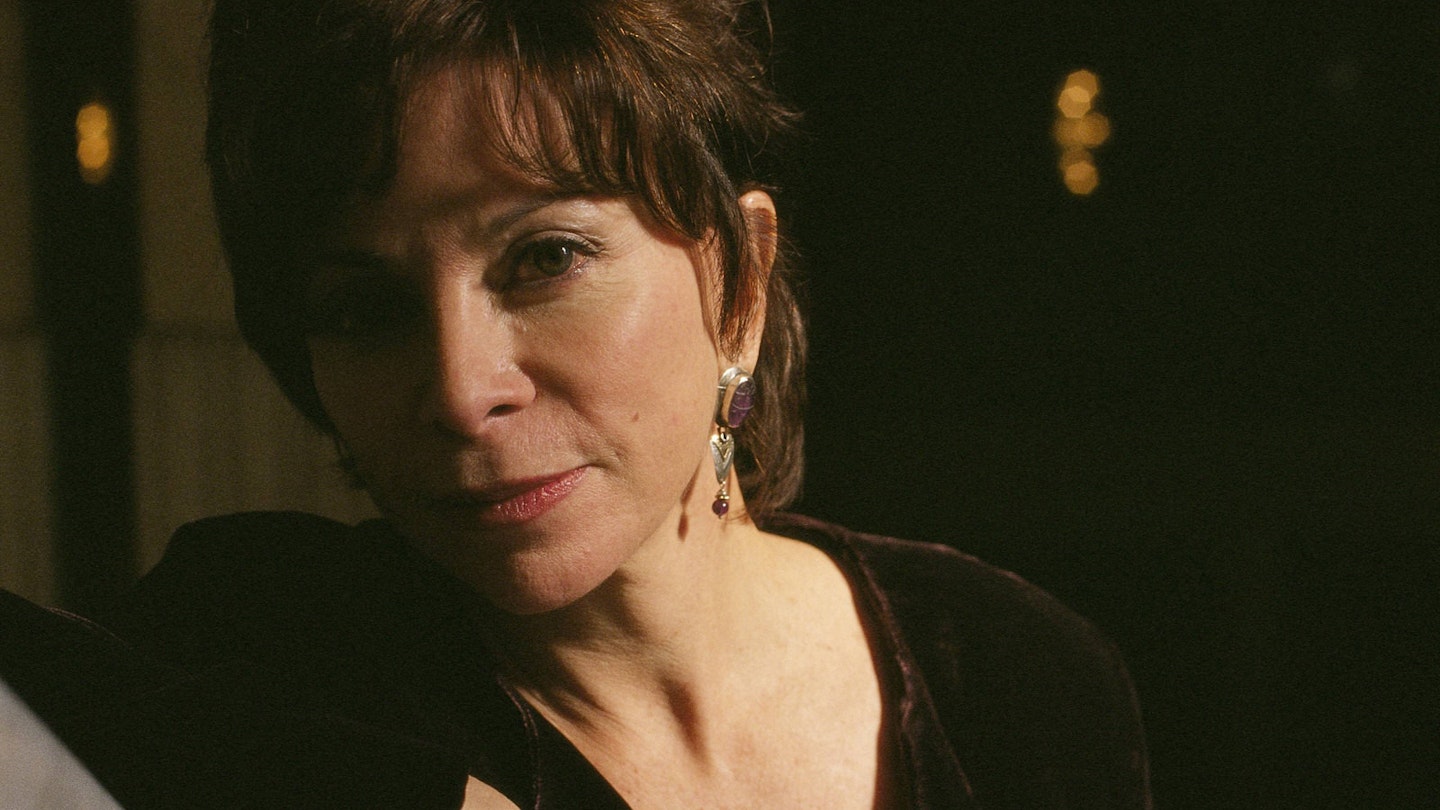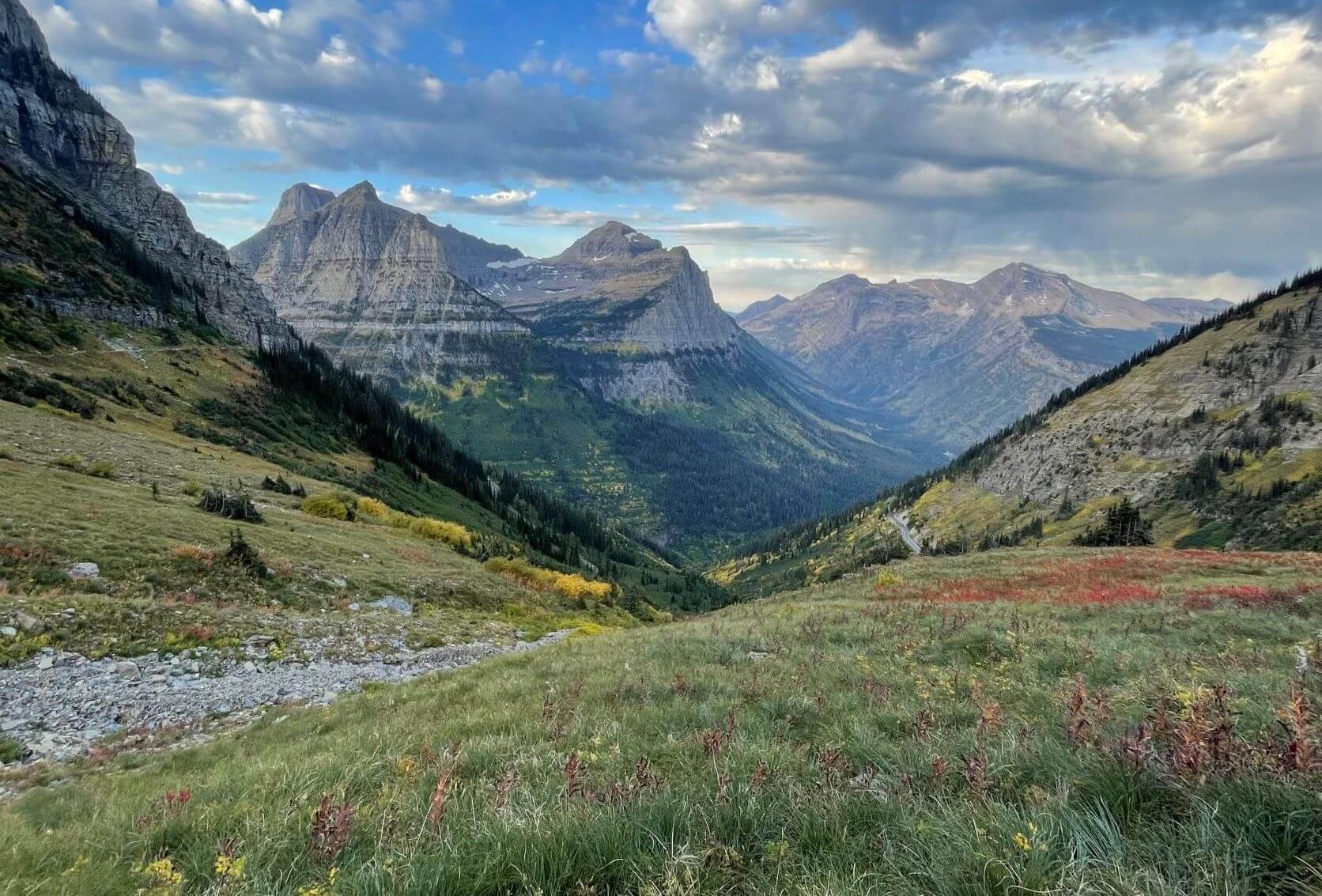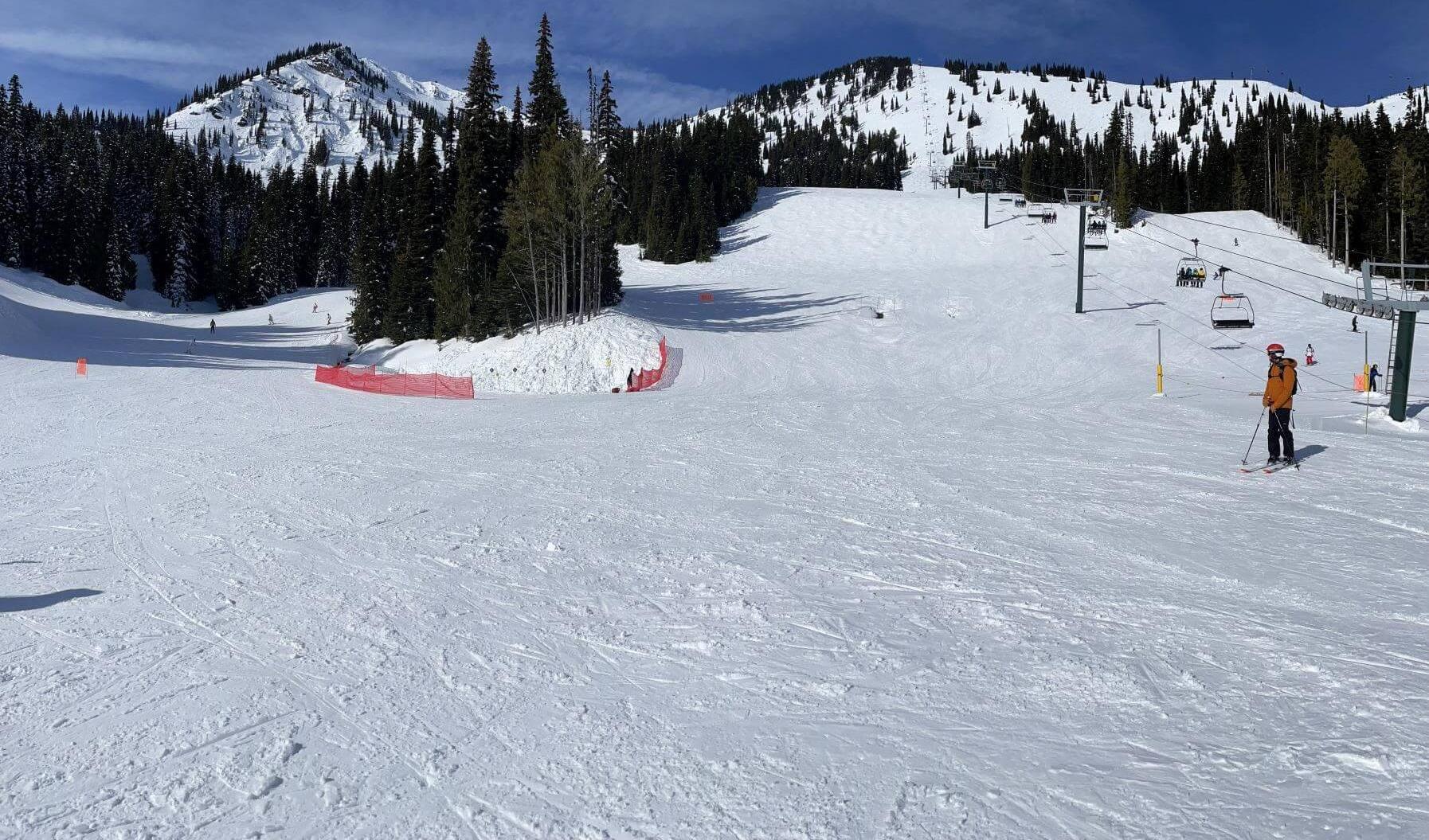Exploring Chile with Isabel Allende
Magic, mysticism, and inspiring contradictions seem to surround Isabel Allende. She is arguably Chile’s most famous living writer; however, she doesn’t reside permanently in her homeland. Instead, she continues her exile that began after Salvador Allende’s removal from office in the 1973 coup d’état.
Her relationship with the socialist president—he was her father’s cousin—coupled with her career as a journalist, necessitated her hasty departure. Despite this, Chile remains central to her life and work, and Allende frequently returns to reconnect with the land and the people that inspire her.

As an accomplished writer, Allende has achieved massive success, with her works translated into 35 languages and over 65 million copies sold globally. She’s best known for her novels The House of the Spirits and Eva Luna, among more than 20 other books. Her writing is deeply influenced by her past, the unique landscape, and the rich cultures of her homeland.
Insights into Chilean Culture
Isabel Allende: “Hospitality is a hallmark of Chilean culture. We are very welcoming, especially to foreigners. You can simply drop in on someone’s home without a formal invitation, and you will always be offered something to drink, regardless of how modest the household may be. This is one of our warmest traits.”
Allende also acknowledges the existence of a subtle social class system in Chile, which can be challenging to navigate. Yet, she highlights that Chileans remain modern and increasingly open, albeit with a lingering influence from traditional structures, such as the Catholic Church.
Regional Wonders of Chile
Allende has traveled extensively across her homeland, starting with the breathtaking Patagonia, renowned for its stunning natural beauty and ecotourism opportunities. She emphasizes the awe-inspiring landscapes of Torres del Paine, which allure countless visitors.
As one journeys northwards, the enchanting regions of lakes, volcanoes, and lush forests reveal some of the finest culinary experiences, from fresh seafood along the coast to delightful pastries influenced by German settlers.

Crossing to Chiloe leads to a captivating archipelago, where rural charm and rich traditions persist. Despite modern influences, it maintains its unique allure and offers a glimpse into a simpler past.
The central regions of Chile are known for agricultural abundance and bustling industry, particularly in the sprawling metropolis of Santiago, which is home to half the country’s population. This vibrant city exhibits a mix of history and cultural vibrancy.

Allende highlights key attractions in Santiago, including the historical La Moneda, the presidential palace, reminding residents of the country’s tumultuous history. Furthermore, Cerro Santa Lucia and other parks provide inviting spaces for relaxation amid urban bustle.
Discovering Northern Chile
Traveling to the north, Allende fondly remembers La Serena with its stunning beaches, but she points out the unparalleled beauty of San Pedro de Atacama. Initially, its otherworldly landscape was likened to that of the moon, but it now offers eco-lodging and unique experiences for eco-tourists seeking adventure.

Understanding National Identity
Allende poignantly notes that many Chileans struggle to see the greatness of their own country. Despite socio-economic challenges, Chile’s significant progress and stability are commendable. While awareness of class inequality persists, the nation boasts tremendous opportunities and successes.

Cultural Perceptions
Despite common misconceptions, Allende clarifies that Chileans often engage deeply in discussions about politics and society rather than indulging in revelry. This reflective nature defines the cultural identity in contrast to their more flamboyant Latin American neighbors.





